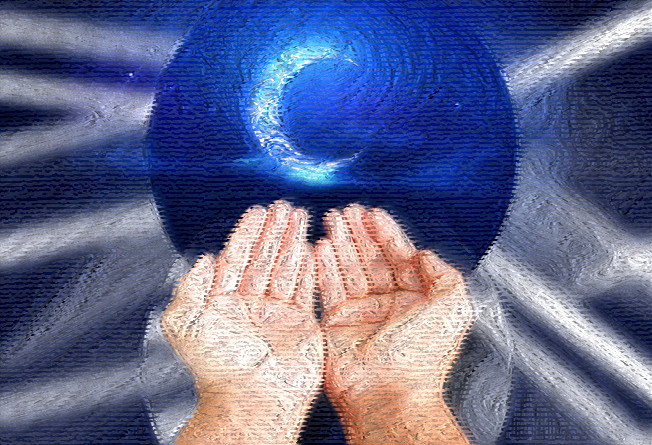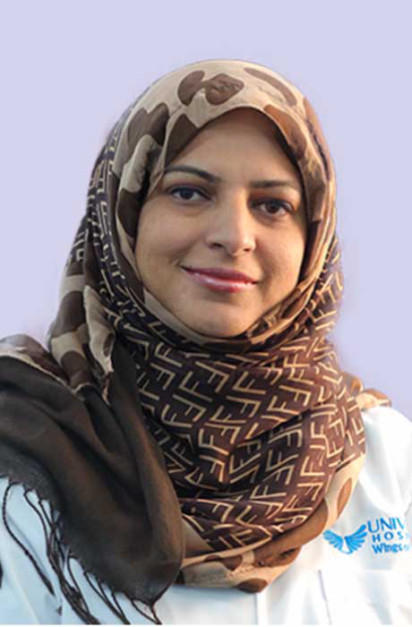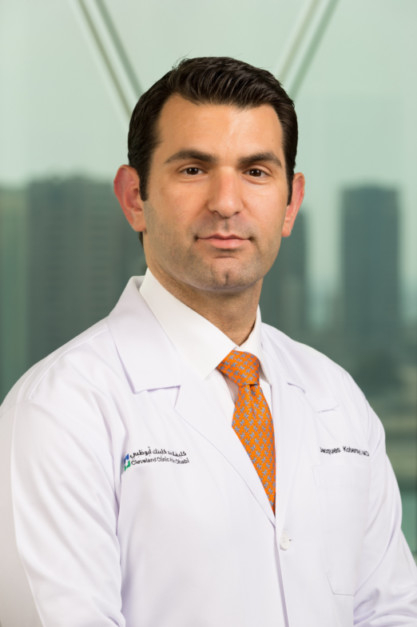Abu Dhabi: Residents should seek immediate medical attention when domestic accidents occur resulting in head injuries, cuts and burns, the most common injuries that occur at home, medical experts have said.
The number of these injuries tends to increase quite a bit during Ramadan for a variety of reasons, they added.
“Our experience in previous years shows that there are more such injuries reported in Ramadan, especially as some people can experience dizzy spells when fasting. The most important thing is that they should not ignore the injury, and instead visit an emergency doctor who can ensure that everything is all right,” Dr Jacques Kobersy, chair of the Emergency Medicine Institute at the Cleveland Clinic Abu Dhabi, told Gulf News.
Dr Shafqut Jalal, general practitioner at Universal Hospital, said burns are also commonly reported before the iftar meal.
“Unfortunately, not everyone seeks medical help, making the injury much harder to treat later on,” she added.
Delays in seeking medical help can not only lead to more severe infections but also become life-threatening. In fact, head injuries are extremely dangerous, Dr Kobersy warned.
“It is important that anyone who has a head injury gets emergency medical evaluation as soon as possible, as there is a chance that a head injury can lead to a brain haemorrhage (leak of blood from a ruptured blood vessel), or a haematoma (swelling of clotted blood within tissue) — both of which can be fatal,” he explained.
Blood can accumulate in the brain without any apparent initial symptoms. Eventually, pressure builds up in the skull and compresses the brain tissue, leading to further, potentially life-threatening brain injuries.
Head injuries can be the result of falls and these are the leading cause of non-fatal injuries among children, Abu Dhabi’s Department of Health (DoH) reported.
Dr Kobersky said that symptoms like headache, nausea, vomiting, visual changes and loss of consciousness require urgent medical evaluation.
Cuts and burns
Cuts and burns are also quite a common occurrence in a domestic setting, occurring mostly in the kitchen where knives and hot objects are kept.
“For all burns, including mild, first degree ones, we recommend that residents visit an emergency department to dress the area correctly and receive appropriate management. These injuries are common because of the increased cooking and meal preparation at home during the holy month, and should not be ignored,” Dr Jalal said.
After initial treatment at the emergency department for deep cuts or severe burns, those injured should monitor their wounds, checking for redness, increased pain, pus, swollen glands, and fever, which can be signs of infection.
After a fall or head injury
Visit a doctor immediately if you sustain a head injury as blood can silently accumulate in the brain and lead to life-threatening consequences.
Do not ignore symptoms like bad headaches, nausea, vomiting, visual changes and loss of consciousness.
After a cut
Wash the wound with soap and water.
Apply clean dressing with a clean absorbent material like a bandage, towel or handkerchief,
Press down firmly on the wound, raising it above heart level if possible.
If the cut bleeds a lot, has a jagged edge or appears to be contaminated, seek immediate medical attention. Symptoms like redness, increased pain, pus, swollen glands, and fever can also indicate an infection.
After a burn
Always head to an emergency department to dress the area correctly.
For extremely minor burns that you feel can be treated at home, remove any constrictive clothing.
Afterwards, rinse the burnt skin with cool water, and not ice or icy water. Keep rinsing till the pain dissipates.
If blisters or discoloured skin appears, visit a doctor.
After initial treatment, continue to monitor the wound. Symptoms like redness, increased pain, pus, swollen glands, and fever can indicate an infection that needs to be treated.
— Source: Dr Jacques Kobersy, Cleveland Clinic Abu Dhabi














